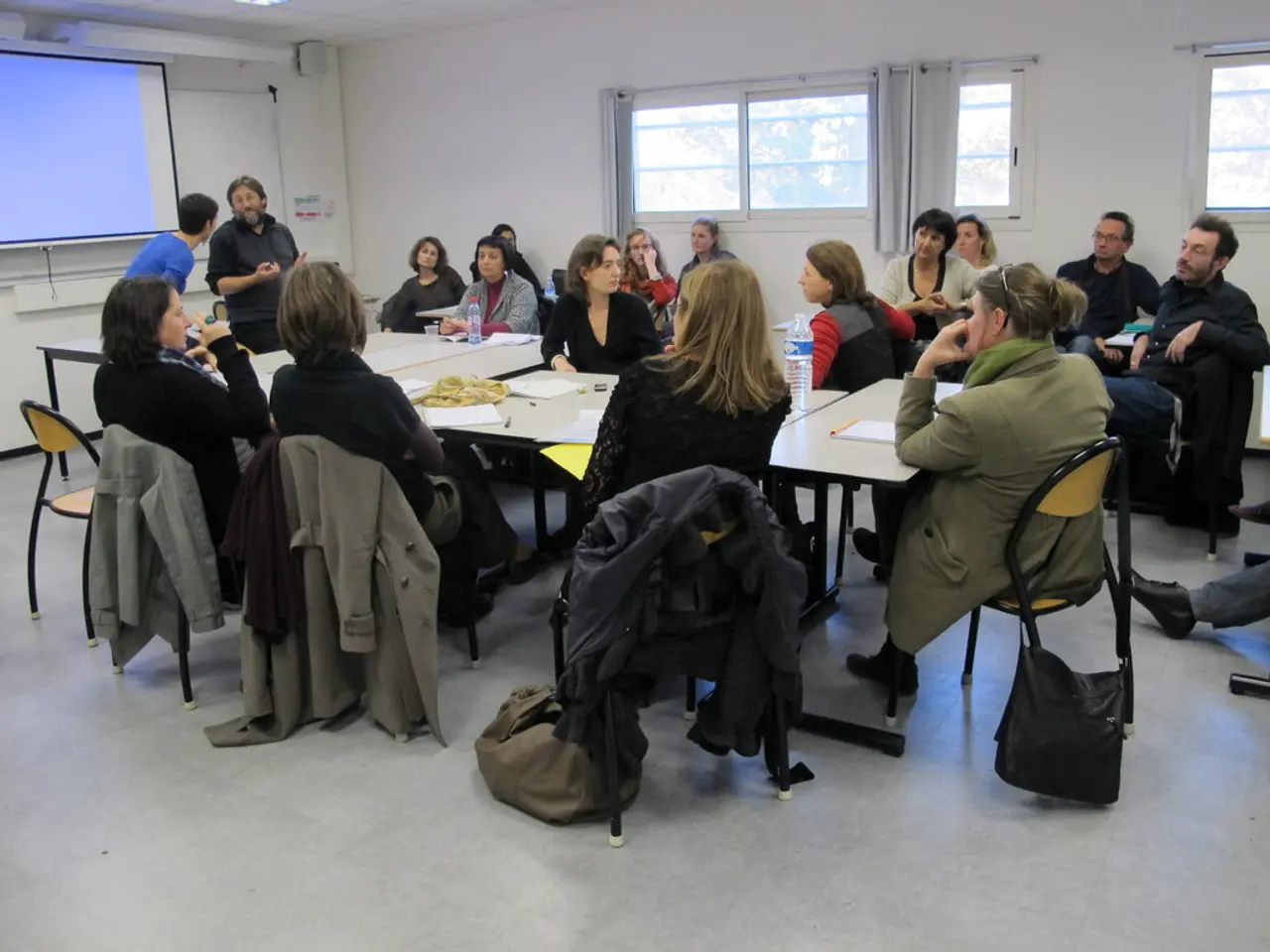Owing to a new research, the 'Love Hormone' might be more complex and less romantic than previously assumed.
=====================================================================
Embracing the complexity of oxytocin is essential to appreciate the delicate balance that underpins human relationships and social interactions. Known as the "love hormone" or "friendship hormone," oxytocin is widely known for its role in fostering trust, bonding, and empathy. However, recent findings reveal that its role is multifaceted and not uniformly pro-social in all situations.
Current research shows that oxytocin's effects on trust, bonding, and social behavior are complex and highly dependent on individual differences and contextual factors.
Key findings include:
- Oxytocin supports the formation of friendships and social bonds, but it also modulates approach and avoidance behaviors. For example, a study by UC Berkeley found that prairie voles lacking oxytocin receptors were slower to form friendships and exhibited less aggression toward strangers, indicating oxytocin influences both affiliative and selective social behaviors[1].
- Contextual state influences oxytocin's effects on social behavior. Research on rhesus monkeys showed oxytocin’s ability to maintain socially beneficial behaviors depended on the animals’ prior social motivation. When monkeys were socially motivated before oxytocin exposure, the hormone extended social engagement, but had no effect when motivation was low. This suggests oxytocin enhances ongoing social states rather than indiscriminately boosting sociality[2].
- Individual differences, including baseline social motivation and potentially neurobiological traits, may explain variability in oxytocin’s effects, notably in clinical trials for autism where responses to oxytocin treatment vary widely. Personalized approaches to oxytocin-based therapies may therefore be necessary[2].
- Oxytocin is implicated in synchronized bonding processes during intimacy. Studies in humans show that couples' oxytocin levels align after sexual activity, supporting a hormonal basis for post-intimacy bonding that is sensitive to timing and real-life context, with fluctuations more nuanced than a simple link to orgasm[5].
- Oxytocin pathways also mediate non-sexual social bonding, including cross-species interactions. Research in rats suggests that tactile stimulation (such as tickling) can engage oxytocinergic neural circuits to foster trust and social affiliation, providing insight into mechanisms for therapeutic physical contact in humans with social deficits[4].
While often termed the “love hormone” or “friendship hormone,” oxytocin's effects are not universally positive or uniform; it can be associated with aggression or selective social behaviors depending on the context and receptor distribution[1].
In summary, research from 2025 indicates that oxytocin's influence on trust, bonding, and social behavior is state-dependent and moderated by individual differences in social motivation and neurobiology, as well as contextual factors such as current social environment or prior social engagement. This complexity calls for personalized and context-aware approaches when considering oxytocin’s role in social functioning or as a therapeutic agent[1][2][4][5].
Future research should aim to delineate the conditions under which oxytocin promotes beneficial outcomes versus when it may exacerbate negative behaviors.
- Within the realm of health-and-wellness, understanding the multifaceted effects of oxytocin on mental-health, particularly social behavior, necessitates a personalized and context-aware approach, as individual differences in social motivation and neurobiology significantly influence its outcomes.
- The implications of oxytocin extend beyond romantic relationships, reaching into various therapies-and-treatments for mental-health issues, as studies on rats suggest that tactile stimulation can engage oxytocinergic neural circuits to foster trust and social affiliation.




